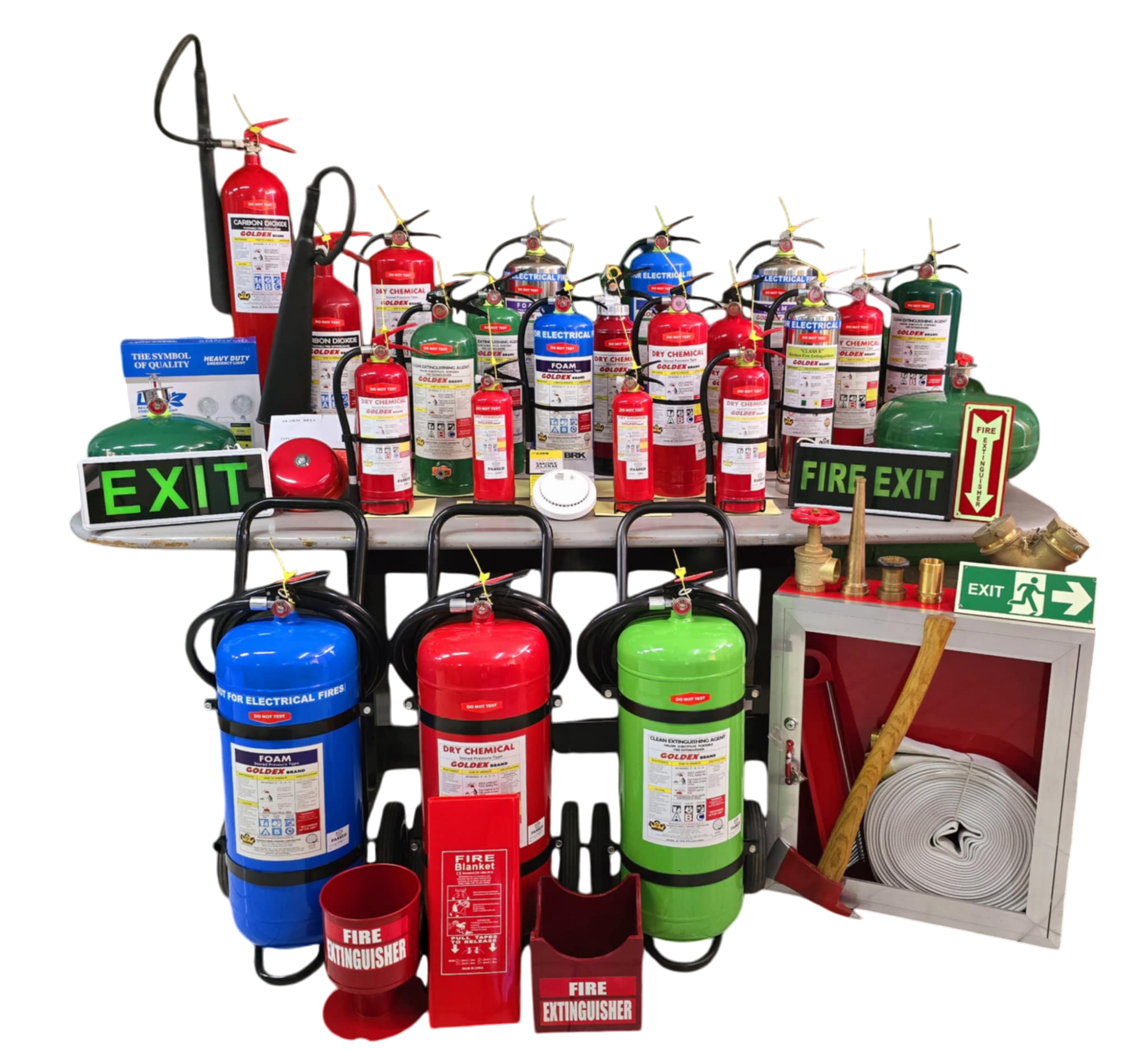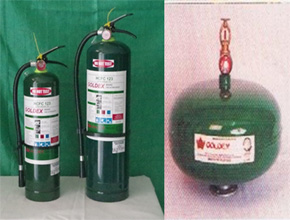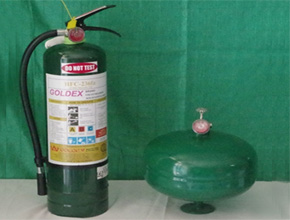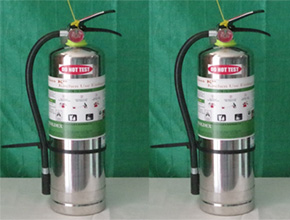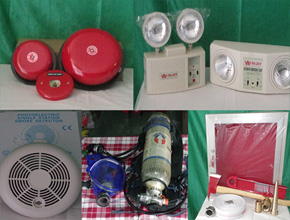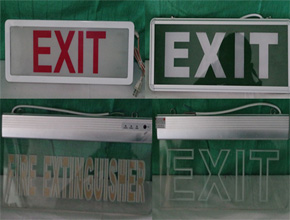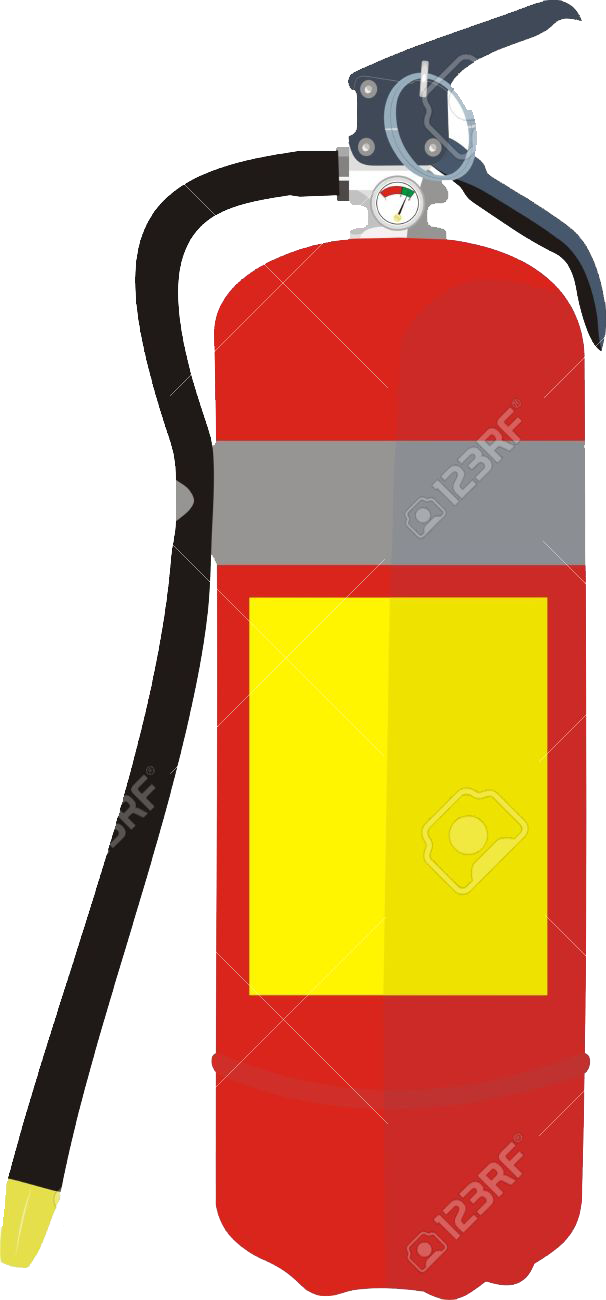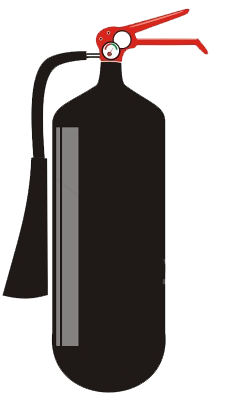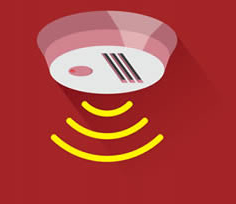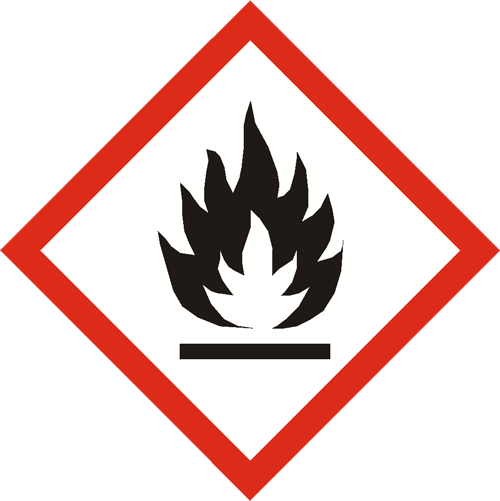Causes of Fire
Heating equipment is the leading cause of home fires during the winter months, and the second leading cause of home fires annually. Heating equipment includes fireplaces, wood stoves, portable space heaters, and fixed space heaters. Nearly half of all deaths attributed to home heating equipment fires involve portable space heaters. Follow the below tips, and read more about heating safety.
- Have all heating equipment in your home inspected annually by a licensed professional.
- Make sure all gas-fueled and wood-burning heating devices are vented to the exterior of the building.
- Consider installing a carbon monoxide alarm in a central location outside of each bedroom if gas-fueled or wood-burning appliances are used in your home
Heating Basics

Each year gasoline causes several thousand household fires, many of which result in injury and even death. It is helpful to remember gasoline is a volatile liquid that is constantly releasing flammable vapors, which are heavier than air and accumulate at the lowest point in an area. If released inside a building, these vapors sink to floor level and spread out across the room, and if these vapors make contact with an ignition source a flash-fire will likely result.
- Keep gasoline out of children's reach and sight, and never allow children to handle gas
- Never use gasoline inside the home or as a cleaning agent.
- Never use gasoline to wash mechanical parts.
- Never use gasoline to start a fire in barbecue pits or cooking grills.
- Never use gasoline as a replacement for kerosene or diesel.
- Do not use or store gasoline near potential ignition sources, including gas-fired water heaters that contain a pilot flame.
- Follow all manufacturers’ instructions when using electronics (including all devices with batteries or connections to electrical outlets) near gasoline.
- Clean up spills immediately and discard clean-up materials properly.
Gasoline Safety Basics
- Leave the area immediately, and call the fire department.
- Do not attempt to extinguish the fire.
- Do not attempt to stop the flow of gasoline.
In the Event of Gasoline Fire
- Store gasoline outside in a garage or shed
- Never store gasoline in glass, or in plastic milk jugs and other non-reusable plastic containers.
- Store gasoline in a tightly closed metal or plastic container designed, manufactured, and approved specifically for gasoline storage.
- Store only the amount of gasoline necessary to power equipment and machinery.
Gasoline Storage
- Do not smoke while handling gasoline.
- Use caution when fueling machinery and automobile equipment
- Never fuel machinery or equipment indoors, and always let it cool before refueling.
- Place portable gasoline containers on the ground before filling, and only fill them outdoors.
- Never fill portable containers inside a vehicle or in the bed of a pick-up truck, to prevent a static charge from developing.
- Do not get in and out of automobiles while fueling … Although rare, this movement creates an electrical charge on your body that could spark a fire, especially during dry weather conditions.
Fueling and Handling Gasoline

Electrical distribution equipment poses serious fire safety threats that can even be fatal, especially when equipment is used incorrectly.
- Protect electrical outlets with plastic safety covers if small children are present in your home.
- Never operate electrical appliances around bathtubs, showers, or puddles of standing water.
- Use ground fault circuit interrupter (GFCI) protection when working where water is near electricity, to protect against electric shock … This means you should use GFCIs in your kitchen, laundry room, bathroom, and outdoor locations.
- Replace or repair frayed, loose, or otherwise damaged cords on all electronics.
- Shut off the circuit and have it checked by an electrician if any switches feel warm.
- Take note of any discolored switch plates, because discoloration could indicate that the electrical wiring behind the switch plate is overheating.
- Remember: symptoms of potential wiring problems include household lights that dim or flicker, a TV picture that shrinks in size, frequent blown fuses, or circuit breakers that trip frequently.
- Place lamps on level surfaces, away from flammable items, and use light bulbs that match the lamps’ recommended wattages.
Electrical Safety Basics

The respiratory health hazards of smoking are well-publicized, but a lesser-known fact is that smoking materials are the leading cause of fire-related deaths in the U.S. The most commonly ignited items in these fatal fires are mattresses and bedding, upholstered furniture, and floor coverings.
- Smoke outside, so you Do not put others at risk.
- Never smoke in bed.
- Never smoke in an area where oxygen tanks are being used.
- Don’t smoke if you are sleepy, have been drinking, or have taken medicine or other drugs that impair your ability to handle smoking materials correctly.
- Use deep, wide ashtrays on a sturdy surface.
- Make sure butts and ashes are extinguished by soaking them in water before discarding them.
- Check under furniture cushions, and in other places people smoke, for butts and ashes that may have fallen out of sight.
- Keep matches and lighters out of children's sight and reach.
- Consider using fire-safe cigarettes, which are less likely to cause fires.
Smoking Fire Safety

The respiratory health hazards of smoking are well-publicized, but a lesser-known fact is that smoking materials are the leading cause of fire-related deaths in the U.S. The most commonly ignited items in these fatal fires are mattresses and bedding, upholstered furniture, and floor coverings.
- Smoke outside, so you Do not put others at risk.
- Never smoke in bed.
- Never smoke in an area where oxygen tanks are being used.
- Don’t smoke if you are sleepy, have been drinking, or have taken medicine or other drugs that impair your ability to handle smoking materials correctly.
- Use deep, wide ashtrays on a sturdy surface.
- Make sure butts and ashes are extinguished by soaking them in water before discarding them.
- Check under furniture cushions, and in other places people smoke, for butts and ashes that may have fallen out of sight.
- Keep matches and lighters out of children's sight and reach.
- Consider using fire-safe cigarettes, which are less likely to cause fires.
Smoking Fire Safety
Our Clients
For almost 26 years GOLDEX has assisted and supplied the most important companies in the Philippines planning and carrying out fire fighting detections assuring everyday a complete service. Here is a sampling of some of our clients.
See our client lists.
Have a question or need a custom quote?
Call Us at (Manila Line) (02) 8404-5423 |
(Cavite Line) (046) 417-5776, (046) 435-8646 |
(Mobile Phone ) 0947-704-8883, 0935-775-9832, 0927-752-8474, 0929-597-2955
visit our contact page to see all our branches.


